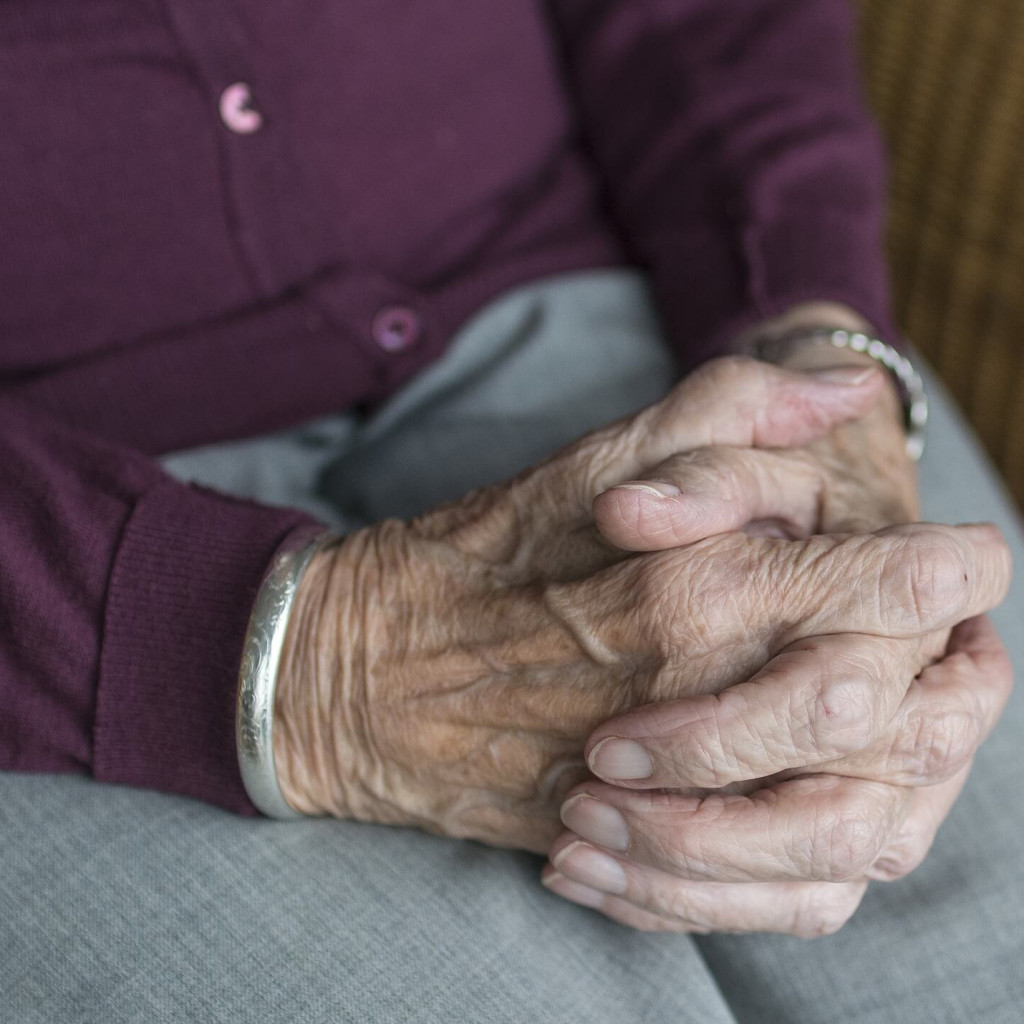The High Court has set aside a Will where it appeared the testator had help signing it.
As millionaire Marcel Chu was on his deathbed, his carer Donna Henderson manoeuvred his hand to help him sign a will just two days before his death. The will left almost half of his £1 million estate to Mrs Henderson and her children.
Ms Henderson was Mr Chu’s carer and then “took control of his life and excluded his siblings ”during the year preceding Mr Chu’s death. Mr Chu’s siblings, Stanley, Allen and Eva challenged the validity of the deathbed will dated 9 May 2014 as his previous 2008 will had provided that each of his siblings would receive 26% of the estate, with 14% going to a nephew and 7 % to a close friend.
It was revealed during the trial that Mrs Henderson and two friends (who acted as witnesses to the will) had sought out a will writer, introducing herself as Mr Chu’s friend, never disclosing that she was, in fact, his carer, and paid for the services.
Judge Nigel Price ruled that the 2014 will was invalid after it was revealed by a handwriting expert that the signature on the will was not Mr Chu’s. It was heard that Mr Chu suffered from a rare autoimmune disease, which causes memory loss and confusion. This, together with several other ailments led the Judge to conclude that Mr Chu lacked mental capacity when the document was signed.
In his ruling, the Judge said,“Marcel almost certainly lacked capacity to execute it on May 9, 2014, and it is clear that he did not know and approve of the will”.
“It was the handwriting expert’s conclusive opinion that the signature was not written by the deceased.”
Mrs Henderson claimed she merely “assisted” Mr Chu to put his name to the document, he did so of his own free will. While a person can be assisted to sign a will, the expert in this case determined that Mrs Henderson’s assistance went too far and that “there is a distinct possibility that she wrote that signature whilst holding Marcel’s hand. That wouldn’t be his signature, that would be her signature.”
While it is possible (and permissible) for a testator to be helped in signing a document, the judge said “… the scope of such assistance must be limited”.
“The distinction is to be drawn when assistance goes so far as to lead in the formation of the letters.”
The judge ruled that the 2008 will was the last valid will of Mr Chu.
Interestingly, although Mrs Henderson sought to put the 2014 will to probate, she did not defend the action brought by Mr Chu’s siblings and did not appear at the trial to give evidence.
Of Mrs Henderson’s lack of appearance, the judge said, “One is driven to the inference that she has reached the conclusion that she is not in a position to overcome the weight of the evidence which she faces in relation to the execution of the will, and the capacity and want of knowledge and approval issues”.
“I have no hesitation in reaching the conclusion that the siblings are entitled to a decree in solemn form in favour of the 2008 will”.
The judge ordered Mrs Henderson pay the siblings’ legal costs in the amount of £85,000 however it is unlikely they will recover the costs due to her financial position.
Tozers LLP partner, Martin Laver, who specialises in disputed will claims and is accredited by the Association of Contentious Trusts And Probate Specialists, warns of the risks of these sorts of situations:
“Whilst the evidence appears to have been clearly against Mrs Henderson in this case, there are plenty of other situations where innocent parties are embroiled in legal disputes because the way a will was prepared seems suspicious. Wherever possible, engage a solicitor to deal with the preparation of your will. The few hundred pounds you might spend can be eclipsed by the legal and emotional costs of dealing with a claim after your death”.
Find out more
If you require any assistance regarding a matter similar to this, then please do not hesitate to contact our experienced team of disputed will solicitors on 01392 207 020.






